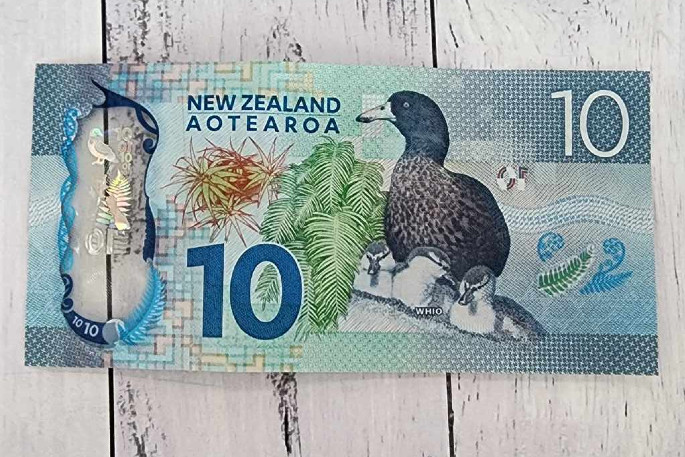Recent surveys show whio populations remain vulnerable to decline, with last summer’s extreme weather events impacting both the birds and efforts to monitor their population at several key protection sites.
Whio are a whitewater specialist duck found only in Aotearoa New Zealand. Most New Zealanders recognise them from being featured on the country’s $10 bills. They are classified as “Threatened – Nationally Vulnerable”, with an estimated 3000 individuals in the population.
The number of whio pairs in monitored areas has declined from 694 in 2022 to 587 in 2023, in part due to the impact of severe weather events like ex-Cyclone Gabrielle in places like the Ruahine.
Department of Conservation operations director Mark Davies says the results of the recent surveys are a mixed bag.
“Some populations were highly impacted by weather events. Flooding dumps excess silt in rivers, which kills off the insects whio feed on. In a couple of cases, our teams couldn’t even safely access the area to do the surveys.
“On the other hand, we have places like the Central Southern Alps where whio are holding steady and even increasing.”
The survey results reinforce the need for ongoing protection of the birds – work enhanced by the renewal of the DOC-Genesis Energy partnership, Whio Forever.
In September, the two parties renewed their partnership for three years.
“The renewed agreement between DOC and Genesis means we can continue to protect whio from predators in key locations, giving the birds’ populations more resilience in the face of changing climate,” Mark says.
Genesis has partnered with DOC for more than 10 years to enhance the survival of whio.
“Whio are indicator species of healthy waterways, so it makes sense for a hydro power generator like Genesis to help build their resilience,” says Genesis’ GM sustainability Kate van Praagh. “We’re pleased to provide resources and technical experts to support the work of DOC at a national level.”
Mark says the sheer diversity of groups and individuals involved in whio conservation adds another layer of resilience to their survival.
“In addition to Genesis we have zoos, community groups, iwi, even individuals trapping predators in their own backyard. We are incredibly lucky to have such a group effort to protect these amazing birds.”



